10 essential pieces of kit advice that every new cyclist needs to know
If only someone had been there to tell us these
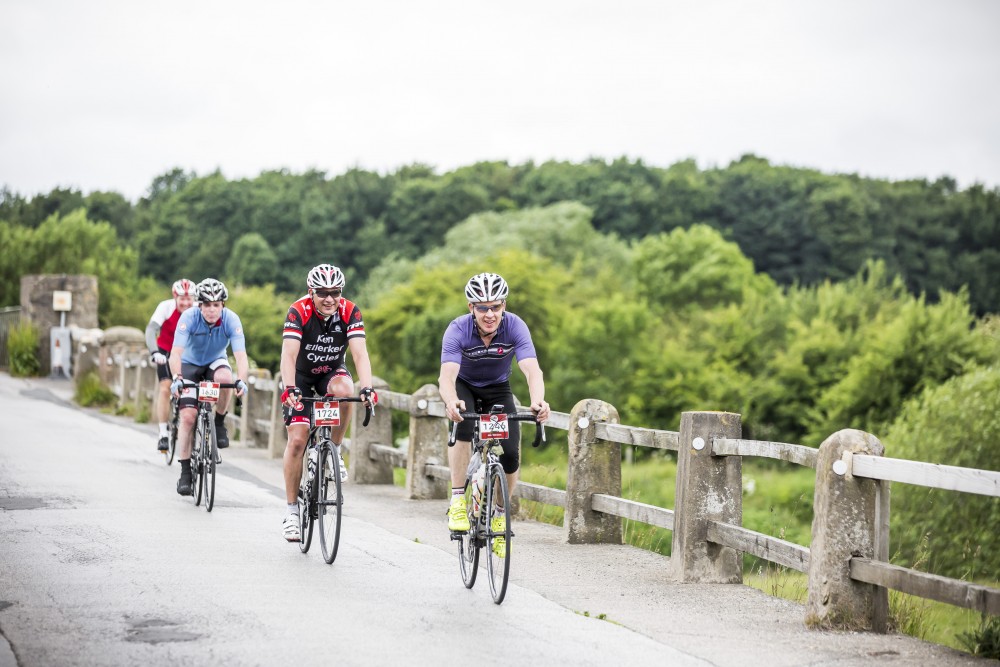
The latest race content, interviews, features, reviews and expert buying guides, direct to your inbox!
You are now subscribed
Your newsletter sign-up was successful
Looking back, we all made mistakes when we first took up cycling, whether that be heading out for a ride without the right tools to fix the puncture that was inevitably heading in your direction, or going out in the middle of winter, woefully under-dressed for the weather that was coming our way.
Now it's time to look back on our time as a newbie cyclist, and pass on what we learned from the many things that went wrong.
1. You don't need a carbon bike
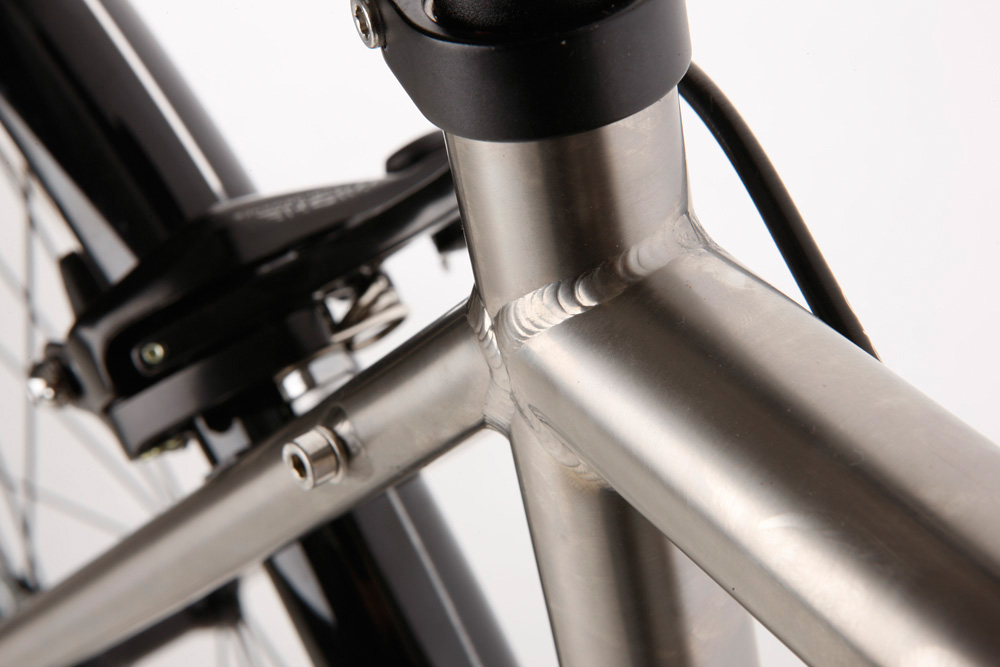
With carbon-framed road bikes now available for well under £1,000, it might seem tempting to start as you mean to go on and make sure that your first road bike is made of the same stuff that the pros ride in the Tour de France. However, if you're spending less than a grand then aluminium might be a better option.
>>> The best road cheap bikes: ridden and rated
It might not be as sexy, but at this sort of cost the ride is likely to be just as good, plus your budget will be able to stretch as far as some better components, meaning sharper shifting and maybe even an extra gear. But you should make sure that you get a bike with a carbon-fibre fork and seatpost if possible, which should improve comfort.
2. Clipless pedals are worth the faff
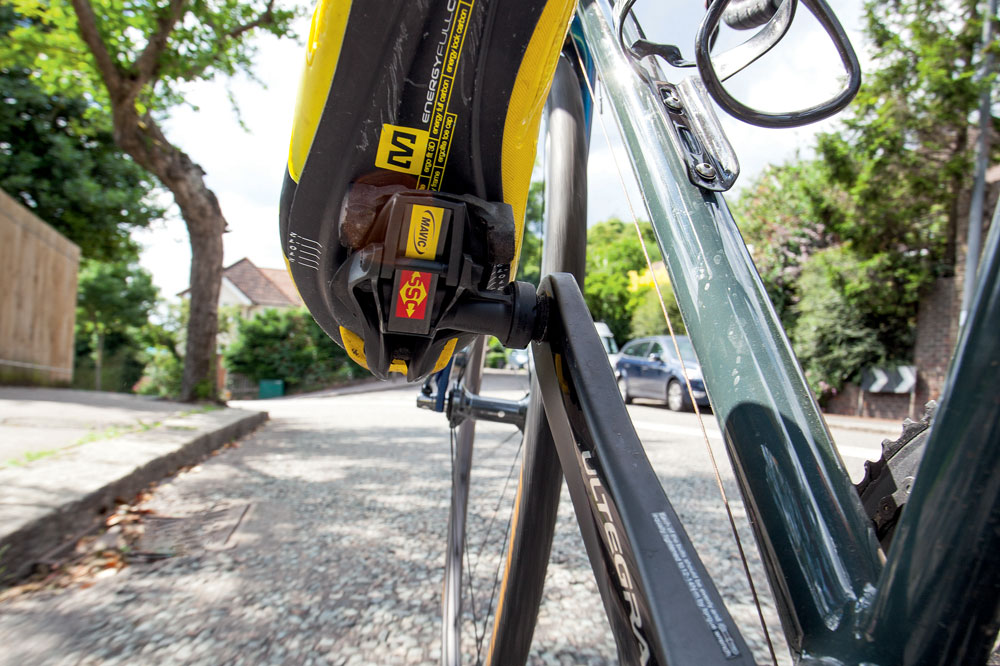
They might seem scary and unnecessary at first, but the move to clipless pedals is an essenitial part of your transition from a person who rides a bike to a cyclist. There are plenty of different systems to choose from, which can be confusing at first, but they all essentially do the same thing.
>>> Cleats explained: how to set them up correctly (video)
The latest race content, interviews, features, reviews and expert buying guides, direct to your inbox!
Clipless pedals will make a world of difference to your riding, improving your contact with the pedals, and allowing you to pull up as well as push down while pedalling. They're also not that scary once you get used to them, and as long as you keep them well maintained then they're easy to get out of too.
3. Find some comfortable padded shorts
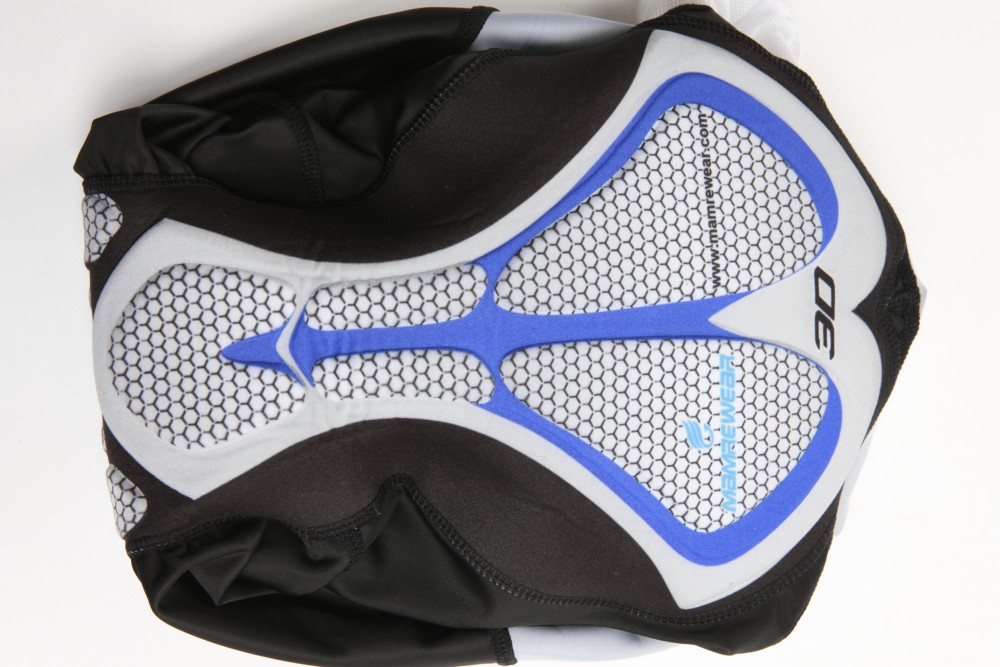
The most important garment in a cyclist's wardrobe is his or her shorts, so finding a comfortable pair is an essential step towards becoming a proper cyclist. No one pair will be perfect for everyone, so unfortunately it might be a bit of a case of trial and error in finding a comfortable pair, although companies like Endura do now offer a fitting system.
>>> Buyer's guide to cycling bib shorts
Although you might not have too much of a choice with cheaper shorts, you can go some way to finding a comfortable pair of shorts by looking for some to suit your riding style. If you're the sort of rider who prefers to sit up and admire the view, then look for shorts with more padding, but if you're looking for a 20mph average speed on every ride, then less bulky pads might be more comfortable.
4. A padded saddle is not a comfortable saddle
One of the most common mistakes that new cyclists make is to look for comfort in a super-padded saddle, probably one of those wide ones with gel padding and springs underneath. However, you don't really sit on your saddle, more lean, which is why some pro riders are able to ride hundreds of kilometres on carbon-fibre saddles with no padding whatsoever.
Instead your shorts are your best place to start if you're after extra comfort, and you're better off going for a slimmer seat that will allow you to pedal without the insides of your legs rubbing aginst the saddle too much. There are also plenty of saddles with cutouts that can help to ease pressure on your perineum.
5. Protect your hands and feet
It might seem tempting to splash out on an expensive jacket and pair of tights if you want to stay warm when riding during winter, but while these will certainly keep your core and legs warm, it's your extremities that will feel the chill first.
>>> Buyer's guide to overshoes (video)
Riding without feeling in your fingers and toes is a deeply unpleasant experience that should see you going straight home and searching out a good pair of overshoes and winter gloves. For really cold conditions you can also add thermal socks and a pair of woolen gloves underneath your winter gloves for added protection.
6. Don't bother with a triple chainset
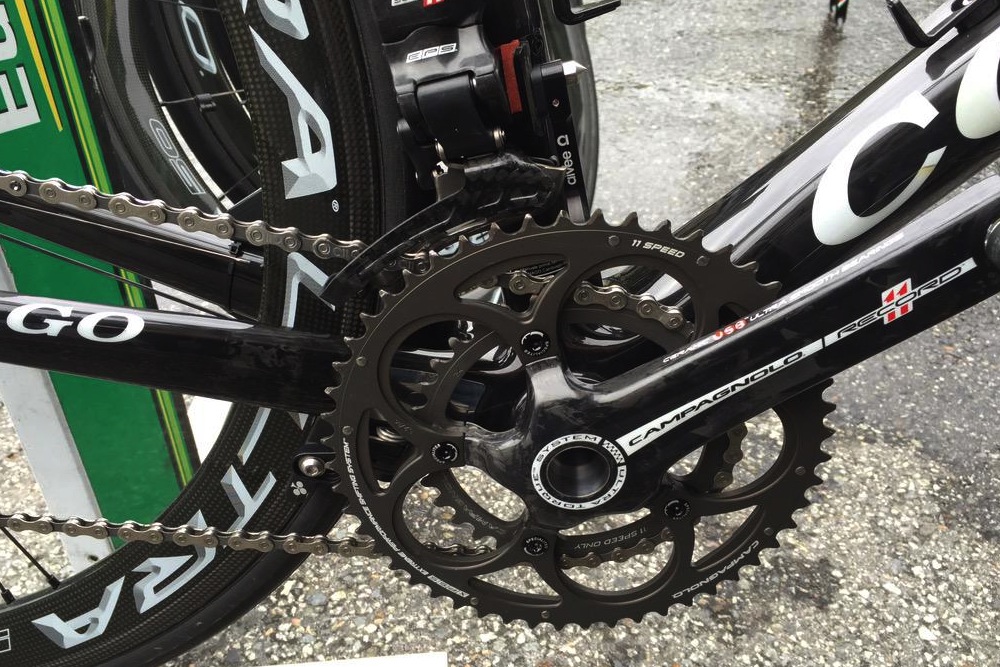
Going for a triple chainset might increase the number of gears on your bike by 50 per cent, but most of these gears will overlap with each other, and the range of gears that you'll be getting won't be a significant improvement on what a compact chainset will be able to offer.
>>> Is it the end for the compact chainset?
Riding a triple chianset will just see you constantly searching for the right gear, and you'll find yourself always having to shift the front derailleur, which isn't always the smoothest process on entry-level groupsets.
7. Layer up
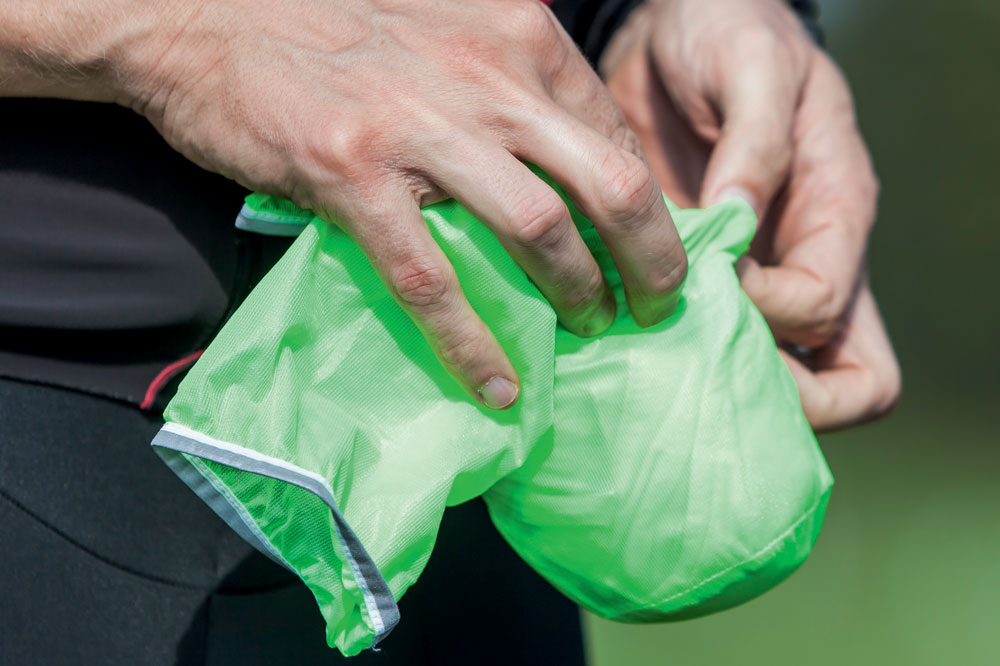
At the risk of sounding like your mother, dressing in layers is always a good idea when cycling. This is especially the case if you're new to the sport and can find it tricky to judge what garments are the right ones to wear just by looking at the weather forecast.
>>> Buyer's guide to waterproof cycling jackets (video)
This is especially true when riding through showers or if the temperature could change through the day. Having a light outer layer that you can take off and stuff in your back pocket when it warms up or stops raining will prevent you from overheating.
8. Wear a baselayer
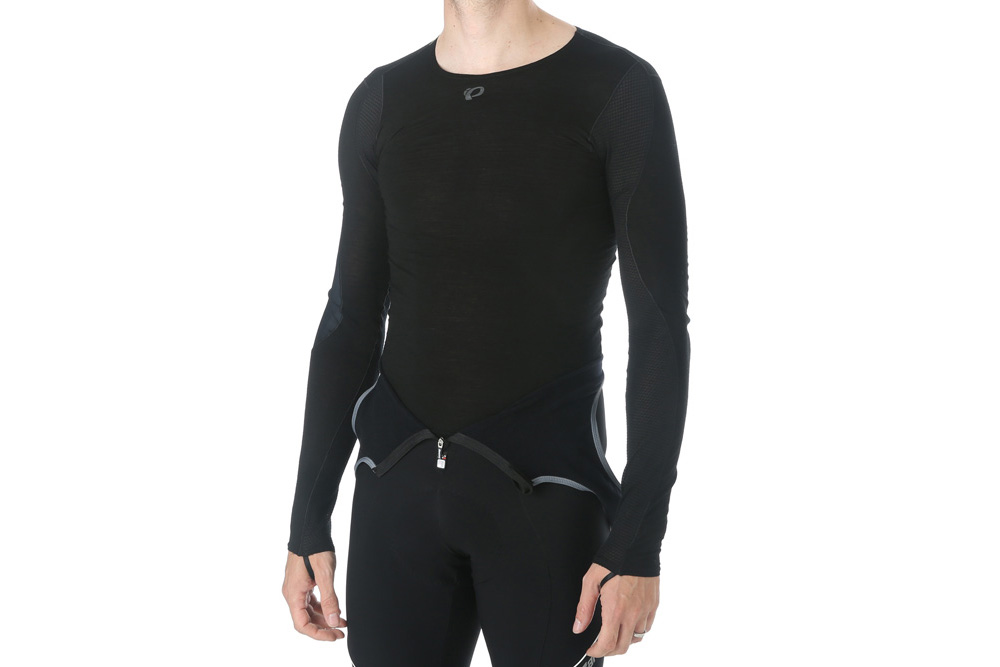
One layer that you should always wear whatever the weather is a baselayer. In cold weather a merino baselayer will provide an extra layer of insulation while a lighter mesh baselayer will create a layer of cool air to stop you from getting too hot.
>>> 15 reasons why cycling in winter is great
Baselayers will also improve your comfort, especially if you're wearing a cheap jersey that might not feel to nice against your bare skin, and will look pretty cool when you're riding up a mountain in hot conditions with your jersey fully unzipped.
9. Become self-sufficient
Unless you've got a very understanding other half who is willing to come an pick you up whenever get a puncture, you're going to need to be able to perform some basic maintenance. This means investing in some basic tools to stick in your saddle bag.
>>> 11 bike maintenance mistakes and how to avoid them
You don't need to go crazy, just a basic multi-tool, mini pump, some tyre levers, a couple of inner tubes, and maybe a chain tool is enough to get you through most maintenance scenarios that you're going to encounter out on the road
10. Get your tyre pressure right
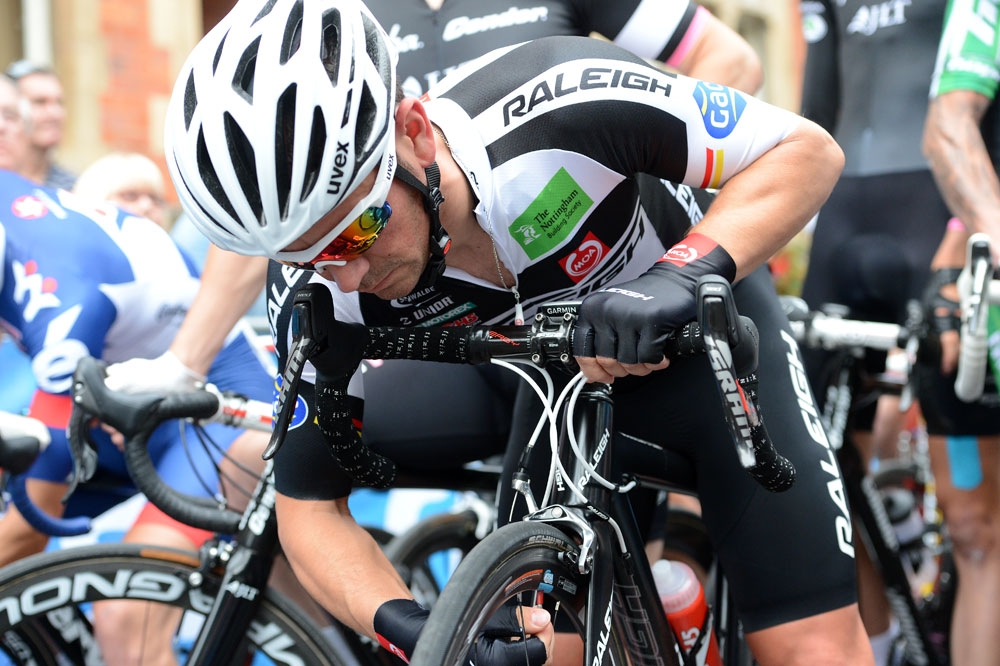
Don't make the mistake of thinking that the maximum tyre pressure on the side of your tyre is a target. You don't always need to go out riding at 110psi. In fact if the roads are wet then it could be well worth letting a bit of air out which will give you a better grip (as well as a comfier ride).
>>> Buyer's guide to road bike tyres (video)
However, you don't want to go too low, and it's worth pumping up your tyres at least once a week to keep your bike running smoothly. This will also help to prevent pinch punctures which can become a problem if your tyre pressure gets too low.
Henry Robertshaw began his time at Cycling Weekly working with the tech team, writing reviews, buying guides and appearing in videos advising on how to dress for the seasons. He later moved over to the news team, where his work focused on the professional peloton as well as legislation and provision for cycling. He's since moved his career in a new direction, with a role at the Department for Environment, Food and Rural Affairs.